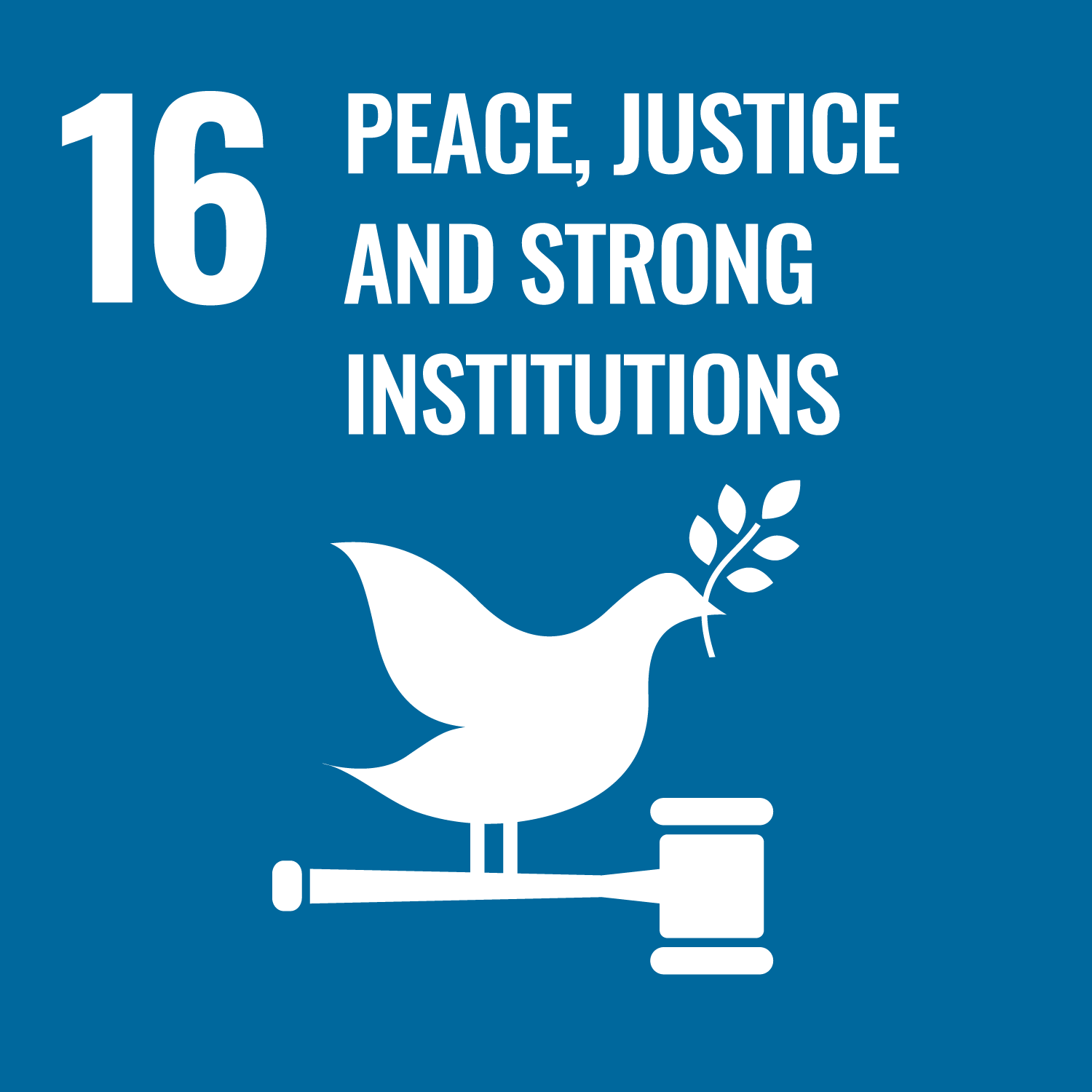This report examines how the Universal Periodic Review (UPR) has influenced the protection of those with diverse SOGIESC and those who identify as LGBTI. The report focuses on three areas: 1) the content and level of acceptance of the UPR recommendations on sexual orientation, gender identity and expression and sex characteristics (SOGIESC) issues, 2) the involvement of civil society organisations (CSOs) in the UPR and 3) the influence of the UPR on international law that protects LGBTI persons.
The report begins with an introduction to the UPR and the principal challenges to the protection of people with diverse SOGIESC from a human rights perspective. Chapter two outlines the UPR recommendations relating to SOGIESC issues. Chapter three examines the involvement of CSOs in the UPR and the challenges limiting their engagement. Chapter four analyses how the international human rights framework has been influenced by the UPR. Chapter five provides a number of examples to highlight both success stories and examples of challenges in implementing UPR recommendations. The final chapter provides a series of recommendations on how best to uphold the work of the UPR and protect the rights of people with diverse SOGIESC or those who identify as LGBTI.
These recommendations are addressed individually to recommending states, states under review, civil society, legal professions and international legal organisations.








